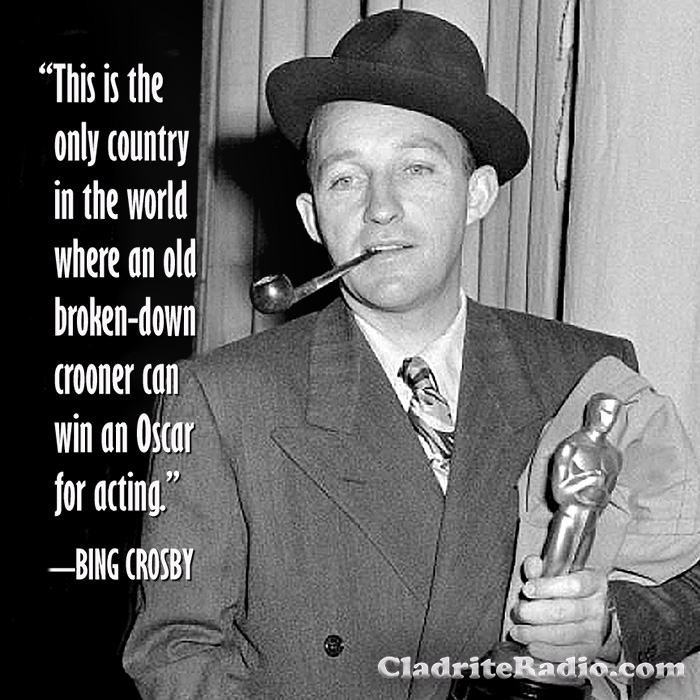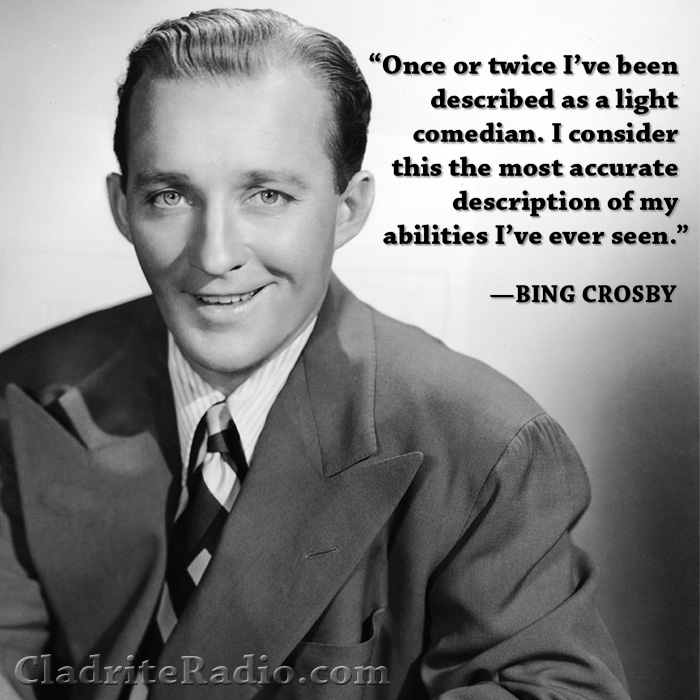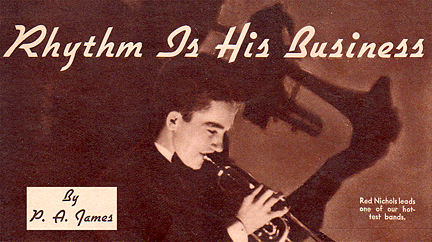Here are 10 things you should know about Phil Harris, born 119 years ago today. He wore many hats—drummer, band leader, singer, comedian, actor and voice-over artist—and enjoyed success in the recording industry, radio, movies and television.
We’re featuring Harris’ music all day on Cladrite Radio, so tune in now!





